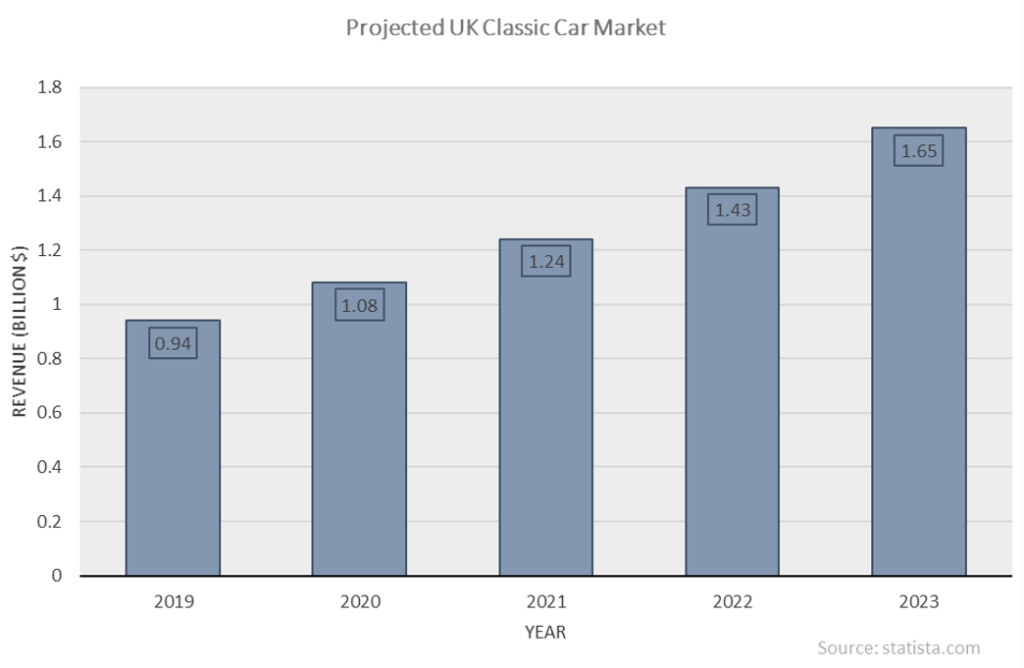 This post was written by Dr Ali Burak Güven, Lecturer in International Relations & International Political Economy in Birkbeck’s Department of Politics. It was originally published on The Conversation.
This post was written by Dr Ali Burak Güven, Lecturer in International Relations & International Political Economy in Birkbeck’s Department of Politics. It was originally published on The Conversation.
The top news from this year’s BRICS summit was the announcement of a New Development Bank. Headquartered in Shanghai, the bank will become operational in 2016 with an initial capital of US$50 billion. Its core mandate is to finance infrastructure projects in the developing world.
The bank, announced at the summit in Fortaleza, Brazil, will also have a monetary twin to provide short-term emergency loans, the Contingency Reserve Arrangement. While the bank will be open to all UN members, the reserve will lend only to the contributing BRICS countries in times of crisis.
This combination of timing, actors, and institutions is noteworthy. It was in July 1944 that the Allied nations gathered at Bretton Woods to form two of the most vital institutions of the post-war era: the International Monetary Fund and what would become the World Bank. Now, 70 years later and only a few years on from the global financial crisis, the leading developing nations of our time have joined forces to forge new institutions of international economic cooperation with mandates identical to the World Bank and the IMF.
This move is born out of a belief that the Bretton Woods twins, despite numerous governance reform initiatives over the past decade, remain set to reflect the policy preferences of their original creators. In creating complementary institutions, the BRICS will be hoping to use these alternative platforms of international economic governance and as leverage to accelerate the reform of existing arrangements.
Game-changing potential
The New Development Bank is currently the more interesting of the “Fortaleza twins”, for it is designed as a freestanding organisation that’s open to all. Yet it has not received a warm welcome in business columns. While the political symbolism of the new institution is widely acknowledged, its immediate economic utility has been challenged – why do the BRICS need a development bank of their own when infrastructure projects are already easily financed through private as well as official channels, especially through the World Bank?
This is a narrow criticism. In the long run, the New Development Bank has the potential to become a game-changer in development financing. In fact, if its evolution even remotely parallels that of the World Bank, it might end up having a formative impact on economic policy-making and overall development strategy in the Global South.
To begin, while there is no shortage of national and regional development banks as well as private financiers of infrastructure projects, there is still a massive gap in development finance, estimated to be as high as US$1 trillion per year. Many developing countries encountered significant financing problems during the global crisis of the late 2000s. This shortfall necessitated a surge in World Bank commitments, from an annual US$25 billion in 2007 to about US$60 billion in 2010.
But commitments declined just as swiftly over the past few years, and as of 2013 stood at about $30 billion. Given these figures, the New Development Bank’s readily available $10 billion in paid-up capital and the extra $40 billion available upon request are not exactly pocket money for development financing.
Yet just as the World Bank was never simply a money lender, so too will the new bank represent far more than a mere pool of funds. The existing geostrategic and policy inclinations of its founding stakeholders imply a bigger role to play for the institution. In the process, it is bound to offer a formidable challenge to the World Bank’s financial prominence and so influence policy in the developing world.
Client-side
The new bank has been long in the making. It is the culmination of nearly two decades of intense South-South cooperation and engagement. In recent years especially, the BRICS and other emerging nations have become donors and investors in both their immediate regions and in less developed areas of the world – with Chinese and Brazilian involvement in sub-Saharan Africa and parts of Latin America representing the prime examples.
They have made an effort to establish more equal relationships with their lower-income developing peers and emphasised an attractive narrative of partnership, non-intervention and knowledge transfer, instead of smug, superior Western notions of top-down aid and restrictive conditionality. To the extent that it could keep its rates competitive, the New Development Bank is unlikely to suffer from a dearth of clients from among its fellow developing nations.
Paradoxically, BRICS and other large middle-income countries still remain the most valuable clients of the World Bank. Since the financial crisis, India has been the largest borrower of the World Bank, and has been closely followed by Brazil, China and a few other near-BRICS such as Indonesia, Turkey and Mexico. But, once the new bank fully kicks off, it is possible the World Bank will lose a lot more business from this traditionally lucrative market of large middle-income borrowers who now have a serious alternative.
Political implications
A reduced loan portfolio will ultimately translate into declining policy influence for the World Bank, which has held near-monopoly of development wisdom over the past 70 years. Perhaps in recognition of their waning power, there has already been a slight but steady decline in World Bank loans that emphasise policy and institutional reforms.
Also, a larger portion of the Bank’s resources have been allocated to conventional development projects, such as environment and natural resource management, private sector development, human development, and social protection. These are precisely the types of projects the Bank will encounter fierce competition from the new BRICS-led bank.
Knowledge and power
Consider also that the World Bank has labelled itself as a “knowledge bank” in recent years. Employing thousands of policy specialists, it doubles as one of the biggest think tanks in the world. Yet if it loses considerable financial ground to initiatives such as the New Development Bank, this threatens a decline in the power it has through knowledge.
Crucially, none of the BRICS adhere to the Bank’s standard policy prescriptions, nor do they advocate a different common strategy either. Brazil’s social democratic neo-developmentalism is quite different from China’s state neoliberalism, which in turn differs from established policy paths in others in the group. The only common denominator is a substantially broader role given to the state. But beyond this there is much flexibility and experimentation and little in the way of templates and blueprints like there is with the Western institutions. This policy diversity itself dismisses any idea of superiority of knowledge and expertise.
None of this suggests that the World Bank, as the dominant, Northern-led development agency, is now on an ineluctable path of decline. Cumbersome as they may appear, large organisations often accumulate considerable resilience and adaptive capacity over generations. Yet the World Bank does have a serious contender in the New Development Bank.
While it may not overtake the World Bank in financial prowess and policy influence any time soon, at a minimum it should be able to exert significant pressure over the World Bank to respond more sincerely and effectively to the new balance of power in the global economy.











